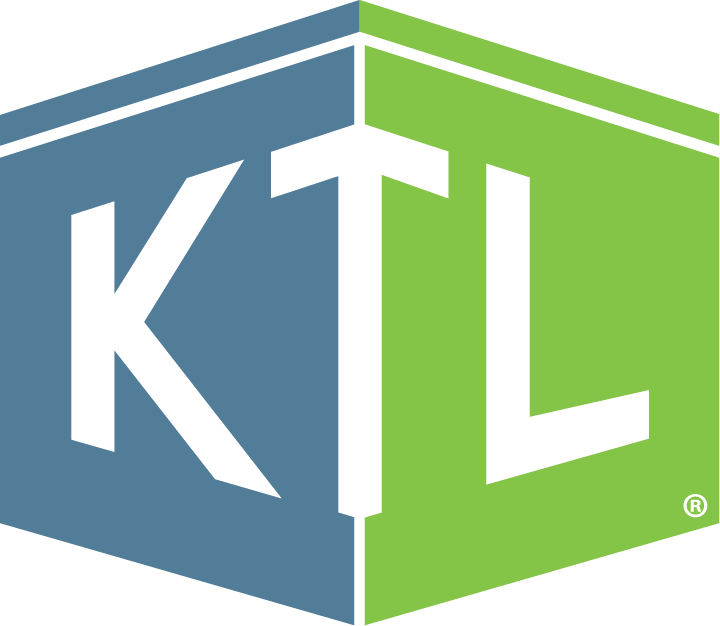
Environment
Comments: No Comments
The EPA’s Risk Management Plan (RMP) Rule (Section 112(r) of the Clean Air Act Amendments) has garnered a lot of attention as its status as a rule has fluctuated since the RMP Amendments were published under the Obama Administration on January 13, 2017.
The latest development in the RMP saga came on August 17, 2018, when the U.S. Court of Appeals for the District of Columbia Circuit ruled that EPA does not have authority to delay final rules for the purpose of reconsideration.
Background
The original RMP Amendments of 2017 were developed in response to Executive Order (EO) 1365, Improving Chemical Safety and Security, and intended to:
- Prevent catastrophic accidents by improving accident prevention program requirements
- Enhance emergency preparedness to ensure coordination between facilities and local communities
- Improve information access to help the public understand the risks at RMP facilities
- Improve third-party audits at RMP facilities
However, after EPA published the final rule, many industry groups and several states filed challenges and petitions, arguing that the rule was overly burdensome, created potential security risks, and did not properly coordinate with OSHA’s Process Safety Management (PSM) standard.
Under the Trump administration, EPA delayed the effective date of the rule by 20 months—until February 2019—and announced its plan to reconsider the rule’s provisions. On May 30, 2018, the RMP Reconsideration Proposed Rule was published and proposed to:
- Maintain consistency of RMP accident prevention requirements with the OSHA PSM standard
- Address security concerns
- Reduce unnecessary regulations and regulatory costs
- Revise compliance dates to provide necessary time for program changes
Recent Court Actions
In the most recent actions, the federal court ruled that the EPA can no longer delay enforcement of the RMP Rule. In its court opinion, the judges cited that the delay “makes a mockery of the statute” because it violates the CAA requirement to “have an effective date, as determined by the Administrator, assuring compliance as expeditiously as practicable.” The court further stated that the delay of the rule was “calculated to enable non-compliance.”
EPA Administrator Scott Pruitt countered that the EPA needed more time to weigh concerns, particularly those about security risks associated with chemical facilities disclosing information to the public.
The judges have noted that EPA can still substantively revise the RMP Rule and its compliance deadline(s); however, they reinforced that in the CAA, “Congress is seeking meaningful, prompt action by EPA to promote accident prevention.”
What’s Next?
The RMP Rule will not take effect immediately; EPA has time to appeal the decision and petition for rehearing. The earliest that the RMP Amendments (as originally published) could realistically go into effect is October 2018. Based on this, effective dates for requirements contained in the RMP Amendments would be as follows:
- Effective immediately: 3-year compliance audits in each covered process at the facility (original date: March 14, 2017)
- Effective immediately: Duty to coordinate emergency response activities with local emergency responders (original date: March 14, 2018)
- March 14, 2020: Emergency Response Program revisions
- March 15, 2021: Third-party auditor requirements; incident investigation and root cause analyses; safer technology and alternatives analyses/IST provisions; emergency response exercise; public availability of information
- March 14, 2022: Revised elements of RMP provisions in Subpart G
If a rehearing is granted, the timeline would likely extend further into the future. Meanwhile, comments are due on the RMP Reconsideration Proposed Rule on Thursday, August 23, 2018. Kestrel will continue to monitor developments with the RMP Rule, as its final status remains a moving target.
